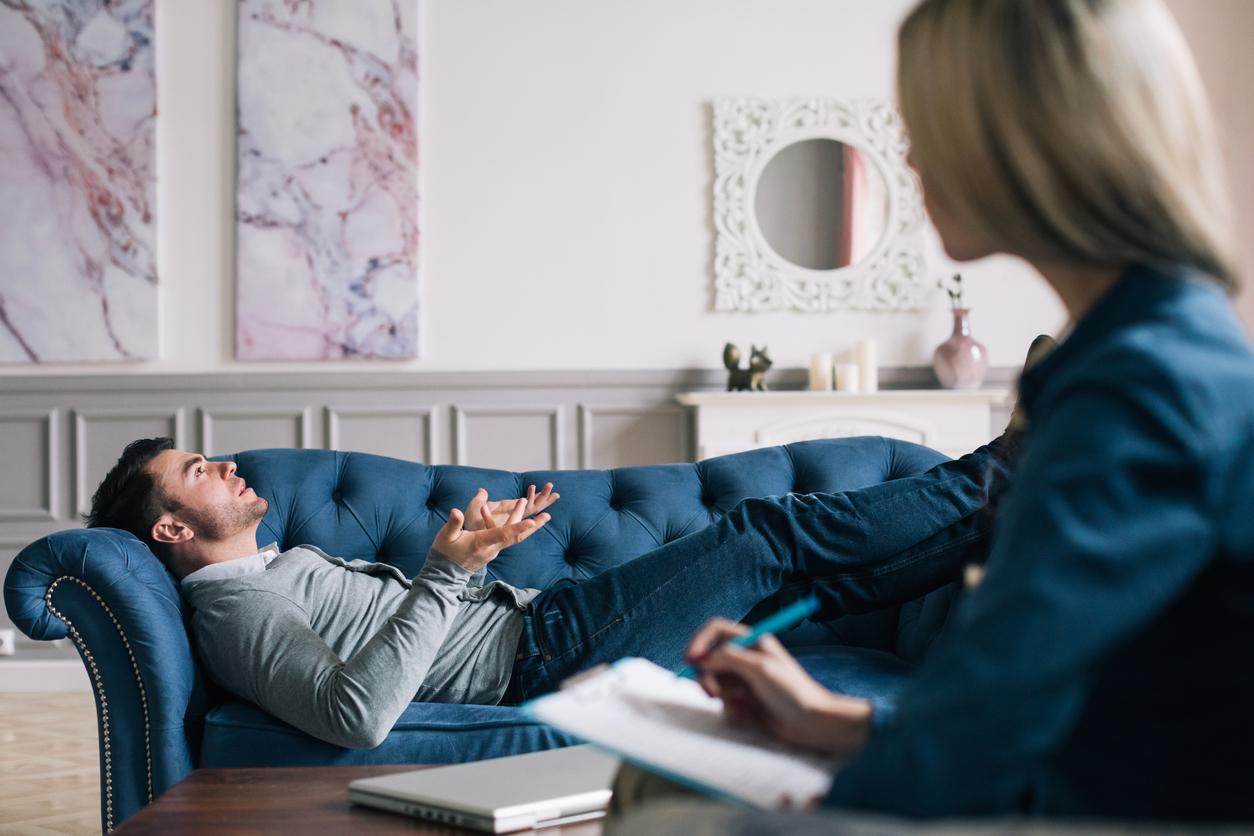This summer, Top Santé is a partner of France Inter. The “Carnet de Santé” podcasts can be listened to on the Radio France website.
A few numbers to start
Yes, if we talk about it again and again it is because the figures are unfortunately still just as dramatic with an average each summer of more than 1000 documented accidental drownings, including 250 followed by death and that between June 1 and August 31.
Unsurprisingly, children under 6 are the most at risk. Drowning even represents the 1st cause of death by accident in everyday life among people under 25 years old.
So what to do to avoid these drownings?
I won’t teach you anything by telling you that the only real solution to avoid these tragedies, and well, is surveillance.
A few more figures, know that 1 in 2 drownings is due to a lack of supervision. So this summer, by the pool or at the sea, put down your mobile phone and keep your full attention on your children.
Concretely, I insist: we never let the little ones bathe alone, even for a few minutes, and we’re going to take a dip with them… frankly, we’ve already experienced more unpleasant instructions.
Also beware of the alarm systems fitted to the pools, or even of these small barriers, the latch of which simply needs to be lifted to access the water.
Ah, and another thing: we equip the children as they should, with armbands or buoys adapted to their size and weight, because not all of them can swim yet.
Learning to swim correctly is important
Of course, if this will never replace surveillance, it is obvious that knowing how to swim is essential to avoid the risk of drowning. However, it is estimated that 1 in 2 children in France do not know how to swim when they enter college.
To fight against this, the public authorities have set up a test called the Pass-nautique, which allows access to the practice of aquatic activities.
Delivered free of charge at school, in a club or even in a community, this test can be carried out with or without a sports bra and is aimed primarily at the youngest from 3 years old.
What does this Nautical Pass consist of?
To show his ease in the water, the child will have to perform several tests (a bit like at the Olympics): jump into the water, float on his back for 5 seconds or swim on his stomach for 20 meters .
Who knows maybe the beginning of a great career at Florent Manaudou?
And if ever my child has “drank the cup”, how do I know if it is not drowning?
If your child is not as usual several minutes after drinking from the cup…. If you find him very tired, drowsy, has blue lips or is still coughing several minutes after the incident, you must quickly notify the emergency services.
But above all, above all, don’t forget: at each swim, you can’t take your eyes off the little ones!

















